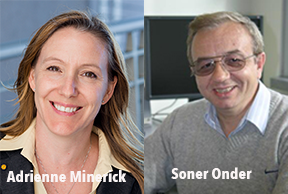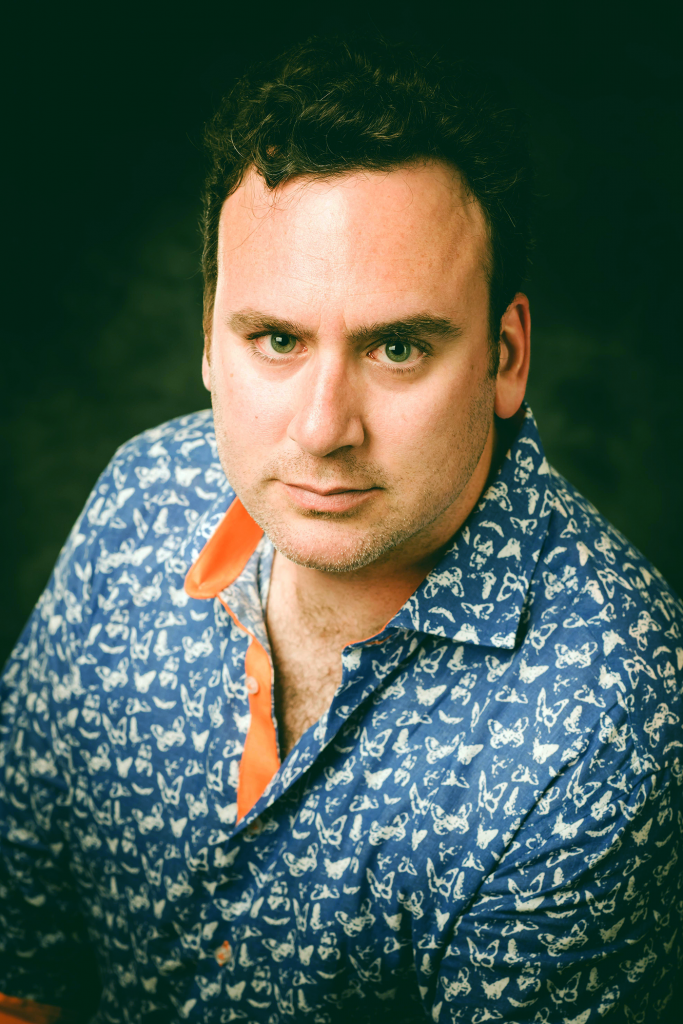
At the annual Michigan Tech Research Development Day, January 9, 2020, College of Computing dean Adrienne Minerick and Computer Science professor Soner Onder were recognized as the top two College of Computing researchers in terms of 2019 research expenditures. Both Minerick’s and Onder’s total 2019 research expenditures exceeded $174K.
